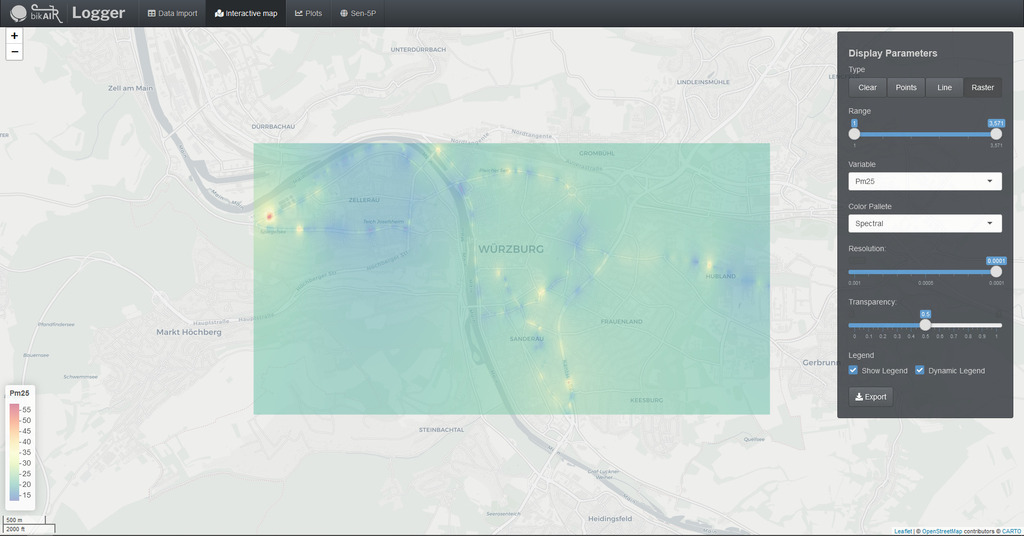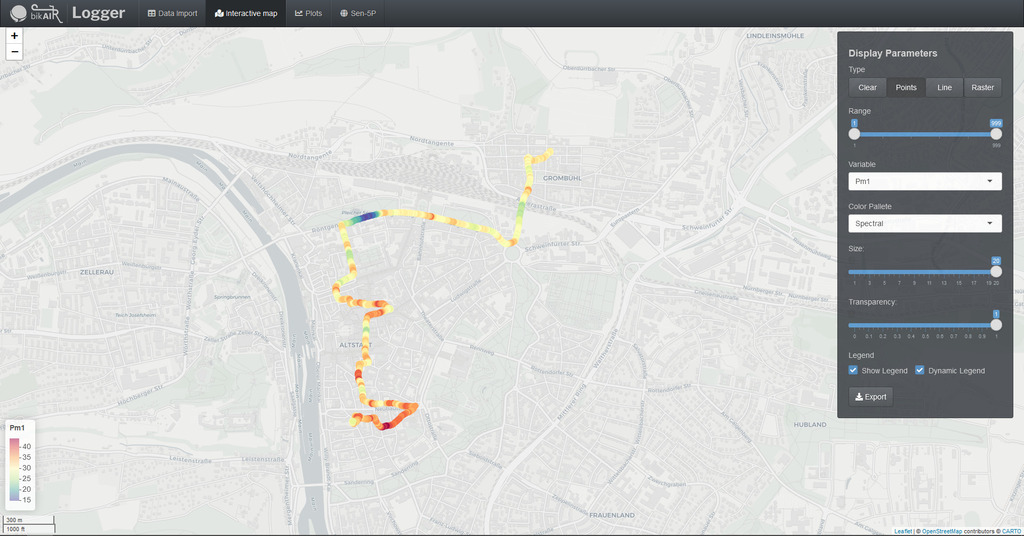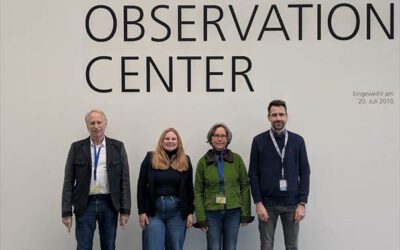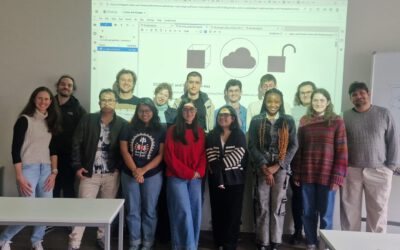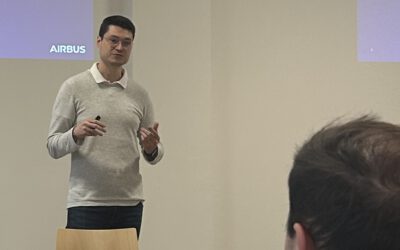Bikair is a project aiming at measuring urban climate parameters with in-situ and Earth Observation. It focuses on testing low-cost Arduino-based sensors in an urban environment such as the city of Würzburg. Eventually, the project aims to correlate in-situ data with relevant Remote Sensing-based parameters. It takes advantage of the recent advancements in the Internet of Things (IoT), which allows the collection of data on specific locations and its further transportation using wireless network protocols. Bikair team designed static and mobile devices using sensors that measure environmental parameters like temperature, humidity, UV radiation, particulate matter (PM1, PM 2.5, PM 10), and soil moisture. Through microcontrollers and communication protocols, the data is stored in cloud-based database management systems, and it is analyzed to determine trends. The final product would allow users to access, visualize, or download the data using application software or APIs. These measurements could strengthen a wide range of applications such as monitoring the relationship between urban green and temperature, identifying air pollution hotspots, or supporting the downscaling of satellite remote sensing products.
KI4Stereo – Hybrid kick-off meeting at DLR
KI4Stereo – Hybrid kick-off meeting at DLR: AI-based analysis of stereo image data for tree monitoringOn January 23rd, 2026, a hybrid kick-off meeting was held at DLR to officially launch the research project KI4Stereo (funded under the KMU-innovativ programme,...

